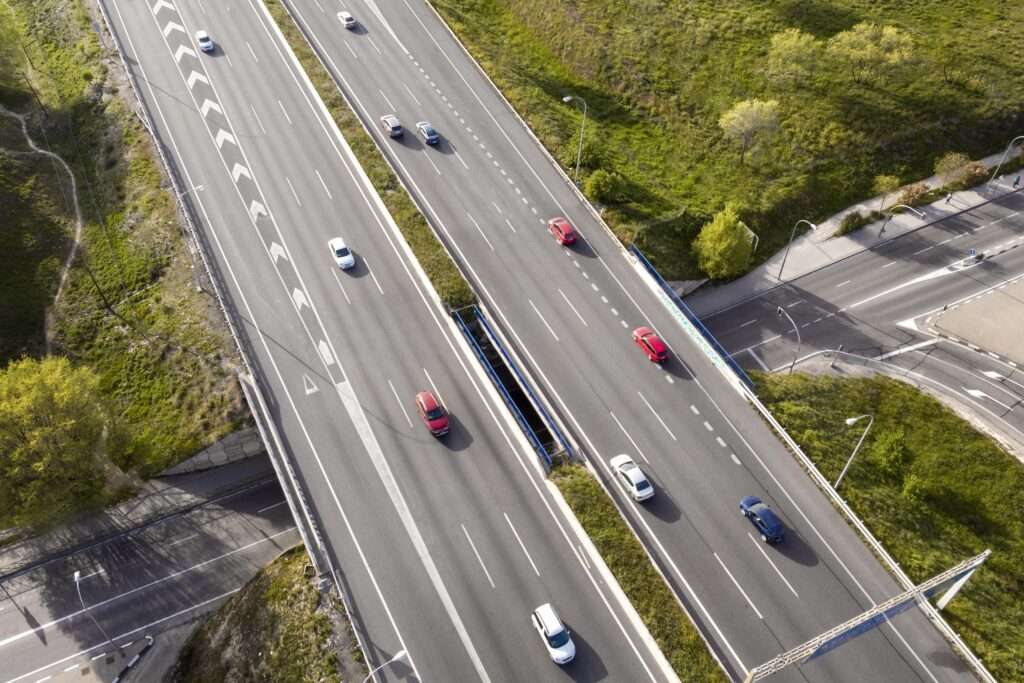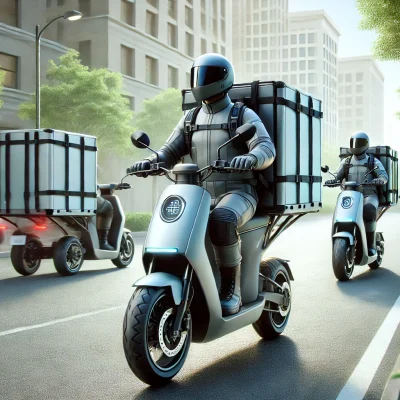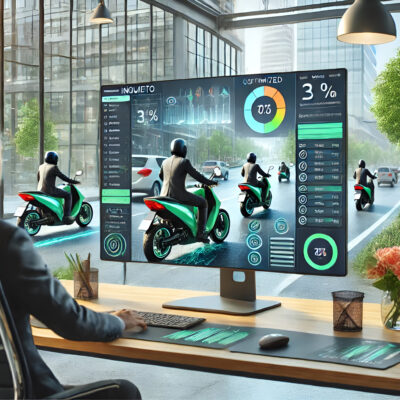The global transition to electric mobility is transforming not only the automotive industry, but also the world of work, opening up new opportunities for the creation and use of mobile offices and workspaces on the road. With the ever-increasing adoption of EV, these spaces are adapting to offer a more ecological, flexible and efficient experience to professionals who work on the move.
Improved autonomy
One of the main changes is the improvement in autonomy and sustainable mobility. Advances in battery technology allow today’s EVs to offer a greater range, making it easier to take long trips without having to recharge frequently.
Increased autonomy is crucial for those who use mobile offices, as it allows them to travel long distances in the knowledge that their vehicle can cover the route without any issues. What’s more, the more sustainable nature of EVs reduces the carbon footprint, aligning with the sustainability goals of many modern businesses.
Cost cutting
In addition to sustainability, EVs also offer a significant reduction in operating costs. These vehicles require less maintenance than internal combustion vehicles, generating less expenses in repairs and maintenance.
For example, EVs don’t require oil changes or complex engine tune-ups, and the cost of charging an EV is generally lower than filling up a tank with petrol or diesel. This saving allows companies to reinvest in the equipment and technology of their mobile offices, improving their efficiency and convenience.
Greater charging infrastructure
The expansion of the charging infrastructure is another key aspect that facilitates the use of electric mobile offices. With the increasing installation of fast-charging stations on major routes, it has never been easier to recharge an electric vehicle during a journey, minimising downtime.
These stations not only provide energy, but they are also beginning to offer complementary services such as Wi-Fi-connected workspaces. Hence, recharging stops become an opportunity to continue working.
Optimised connectivity and interfaces
Technological advances in EVs are also revolutionising the smart and connected workspaces. Modern electric vehicles come equipped with systems that make working on the move easier, such as Internet connectivity, advanced navigation and optimised user interfaces.
Some manufacturers are even exploring the possibility of designing interiors specifically tailored for work, with ergonomic seating, folding tables and customised storage areas. These features make working from an EV not only feasible, but also comfortable and efficient.
Work on the move: cargo and staff
The concept of mobile offices also covers the movement of cargo and staff. Electric vehicles not only allow professionals to work on the move, but they also facilitate the delivery of goods and staff in a more sustainable way.
For businesses that need to transport goods or move employees, EVs are a sustainable, cost-effective option. The integration of logistics solutions in mobile offices allows companies to coordinate and carry out delivery operations in a more efficient and environmentally-friendly manner.In conclusion, the transition to electric vehicles is shaping a new paradigm of work in motion. Not only are electric mobile offices more environmentally friendly, they are also fitted with cutting-edge technology that allows professionals to work more effectively whilst on the move. And so, the shift towards EVs is not only redefining the way we move, but also how we work, offering a sustainable, efficient and adaptable alternative for today’s professionals.




